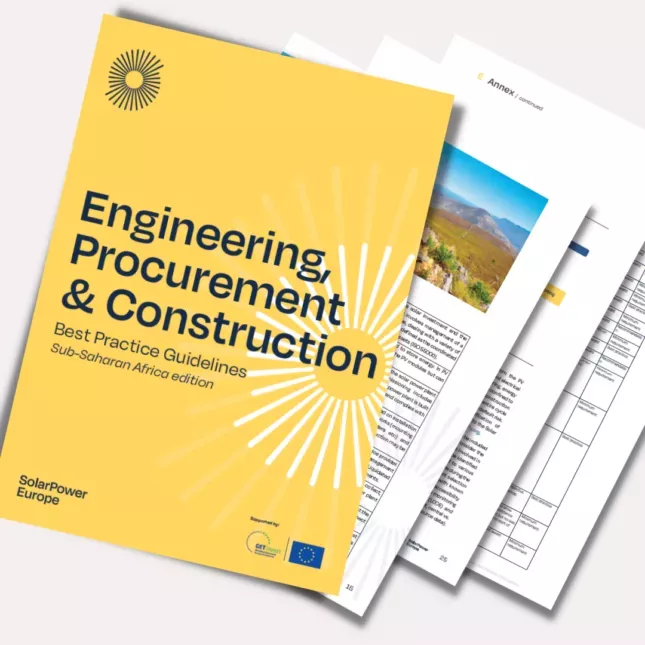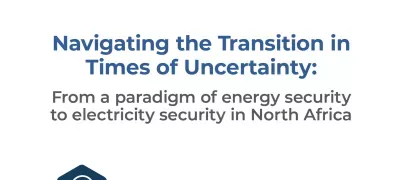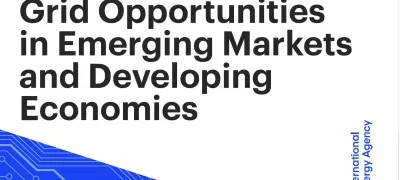
The document outlines guidelines aimed at ensuring the quality and sustainability of solar photovoltaic (PV) installations across sub-Saharan Africa, emphasizing the importance of maintaining public trust and investor confidence in driving the continent's energy transition. It underscores the need for high-quality standards to ensure effective and reliable operation of solar PV plants over their lifecycle. The objective is to establish industry best practices that promote local competence and facilitate the sustainable maturity of solar PV markets in the region.
Addressing the Engineering, Procurement, Construction, and Commissioning (EPC) phases of utility-scale solar power plants, the guidelines emphasize the integration of quality throughout the entire lifecycle. By introducing quality measures early in the process, overall system build costs and Operation and Maintenance (O&M) costs can be minimized. The document highlights the interconnections between different project stages to mitigate costly handover problems and provides tools to manage associated risks. While comprehensive standards are listed in Annex A, the guidelines aim to complement these standards and offer practical use cases.
The stakeholders involved during the EPC phase of a solar PV plant's lifecycle play distinct roles and face potential areas of overlap. Key stakeholders include the Asset Owner, Project Developer, Component Manufacturer or Supplier, EPC service provider, Asset Manager, O&M service provider, Lender, and Technical Advisors and Engineers. The guidelines outline the responsibilities and interactions of each stakeholder, emphasizing the importance of collaboration and adherence to best practices to ensure the success and longevity of solar PV projects in sub-Saharan Africa.



